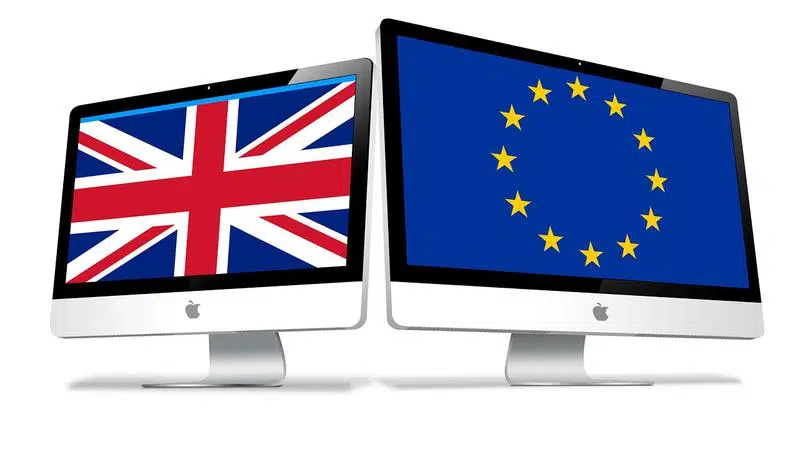
Why capitalists should support the European Union
Like most Canadians, I favour the European Union and have a negative opinion of Brexit. According to a poll by Carleton University, 75 percent of Canadians have positive or somewhat positive opinions of the E.U. and 64 percent are unsympathetic or somewhat unsympathetic of Brexit.
Curiously, Canadian views are partisan. More Conservatives are sympathetic of Brexit than Liberals and New Democrats (46, 13, and 8 percent, respectively). What’s odd about Conservative sympathy is that Brexit will hurt the flow of British capital.
Equally odd is support for Brexit by Britain’s Tory Party, the traditional party of capital. Neil Davidson, author and professor at the University of Glasgow, explains:
“The Tory Party is not acting in the interests of British capital in pushing through Brexit. This dereliction of its duty is the result of how ruling-class parties have evolved in the neoliberal era (Harper’s, October, 2019).”


